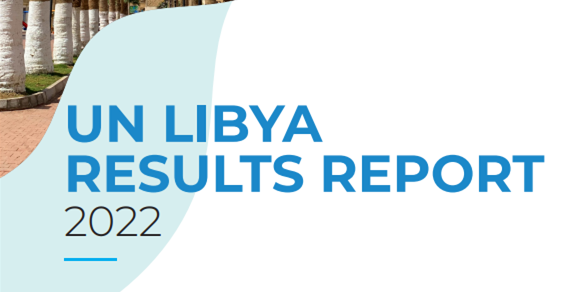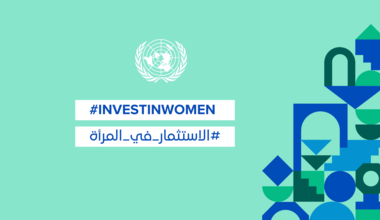Chairman’s Summary of High-Level Meeting on Libya at United Nations Headquarters, New York
1. The Secretary-General of the United Nations, Mr. Ban Ki-moon, convened a high-level meeting on Libya in New York on 2 October 2015. The meeting was held in the presence of a delegation of members of the United Nations-facilitated Libyan political dialogue. Participants included representatives of Algeria, Angola, Belgium, Canada, Chad, Chile, China, Czech Republic, Egypt, Finland, France, Germany, Greece, Italy, Jordan, Libya, Lithuania, Malaysia, Mali, Malta, Morocco, Netherlands, New Zealand, Nigeria, Norway, Portugal, Qatar, Russian Federation, Spain, Sudan, Sweden, Switzerland, Tunisia, Turkey, United Arab Emirates, United Kingdom, United States of America, the African Union, the European Union, and the League of Arab States.
2. Participants expressed strong support for the finalized Libyan political agreement shared with the parties, noting this was the only way to end the current crisis and start the difficult process of building a democratic modern Libyan state with strong institutions anchored in the rule of law and respect for human rights. They reaffirmed their strong opposition to any military or unilateral solution to the conflict.
3. The meeting called on the participants of the Libyan political dialogue to urgently conclude the process without delay, in accordance with the timeframe outlined by UNSMIL, and to endorse and sign the Agreement leading to the formation of a Government of National Accord. The meeting also stressed the need to form the Government of National Accord without delay and prior to 21 October 2015. Participants urged all Libyans to support the political agreement in a spirit of compromise, with the future of the country and of its population as their only consideration. They also underscored the need for proper security arrangements, including a cease-fire, to create a conducive environment for the implementation of the agreement.
4. Participants expressed concern about the continued deterioration of the overall situation in Libya, and the direct threat this was posing to Libya's stability and national unity, as well as to regional and international peace and security. They noted with alarm the growing terrorist threat, the deteriorating economy, the institutional divide and the migration crisis among major challenges Libya currently faces. They stressed that only a Government of National Accord would be able to unite the Libyans and enable them to address those threats. They also noted the need to finalise the transitional period through the adoption of a constitution.
5. Participants warned that those who actively obstruct or undermine the political agreement would place themselves outside the realm of political and international legitimacy and would be held accountable, as per relevant Security Council resolutions. At the same time, participants expressed their readiness to provide support to Libya should an agreement be signed and endorsed by the parties. They stressed that it was up to the Libyans to open the door for international assistance by signing the political agreement and forming a Government of National Accord. Participants reaffirmed their strong commitment to the sovereignty, independence, territorial integrity and national unity of Libya, and pledged to provide the necessary assistance to support the successful implementation of the Libyan political agreement.
6. The meeting welcomed the efforts of the United Nations Support Mission in Libya (UNSMIL) and of the Special Representative of the Secretary-General, Mr. Bernardino León, to facilitate an inclusive political dialogue among Libyans.
 United Nations Peacekeeping
United Nations Peacekeeping UN
UN







